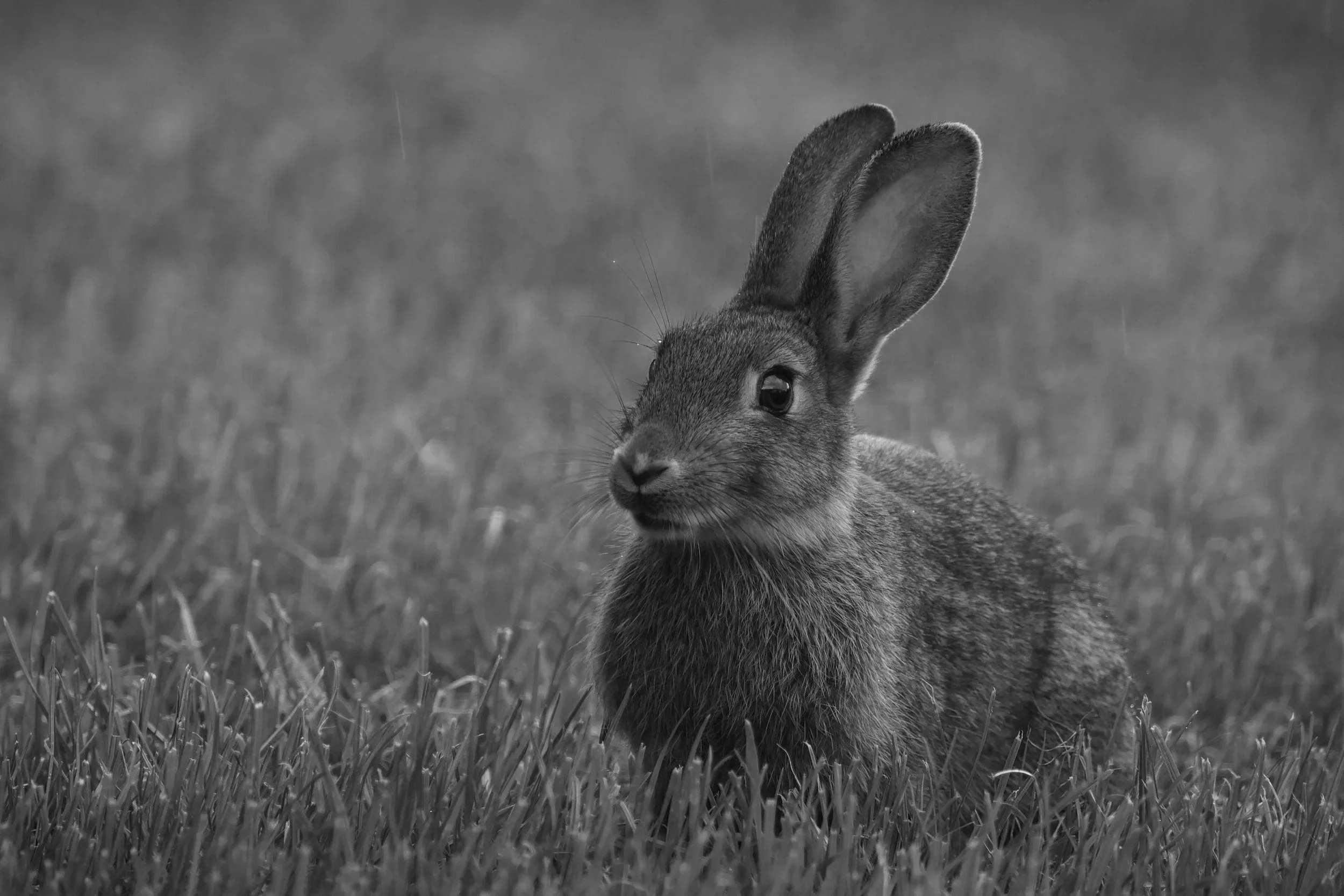
The Professional Wildlife Management Services Company
What Are Wildlife Control & Management Services?
WILDFORCE offers expert wildlife control and management services across the UK, including humane removal, population control, habitat assessment, and prevention strategies. Protect your property, agriculture, and natural ecosystems with tailored wildlife management solutions.
Wildlife control and management services involve the professional handling, monitoring, and mitigation of wild animal populations to protect human health, property, agriculture, and natural ecosystems. These services are essential for maintaining a healthy balance between wildlife and human activity across both rural and urban environments.
In the UK, wildlife control may include:
Humane removal of problem species (e.g., foxes, rabbits, deer, or invasive species)
Habitat assessment and modification
Population control through ethical and legal methods
Exclusion strategies like fencing or deterrents
Effective wildlife management ensures the conservation of native species, reduces damage to crops and landscapes, and prevents conflicts such as property damage or biosecurity risks.
Whether you’re in Dorset, Devon, Hampshire, Wiltshire, or elsewhere in the UK, professional wildlife services provide tailored solutions that comply with environmental laws and promote long-term ecological health.

Contact us
At WILDFORCE, our experienced team offers comprehensive wildlife management services tailored to meet your unique needs. Whether you require deer population control, invasive species management, eradication projects, or protected species conservation, we provide effective and sustainable solutions.
By implementing our wildlife management strategies, we can help address overpopulation issues, reduce vehicle collisions, minimize crop damage, and enhance biodiversity. Our species management techniques protect native flora and fauna, promoting healthier ecosystems and boosting environmental resilience.
We pride ourselves on using ethical, science-based practices that focus on the long-term wellbeing of wildlife while aligning with the needs of landowners. Our sustainable management approach benefits sectors such as agriculture, forestry, and recreation, ensuring positive outcomes for both landowners and the natural world.
At WILDFORCE LTD, we are dedicated to creating a balanced coexistence between human activities and wildlife. Partner with us to achieve your wildlife management goals and contribute to the preservation of the UK’s rich biodiversity. Contact us today to discuss how we can help create a sustainable, thriving environment for future generations.











